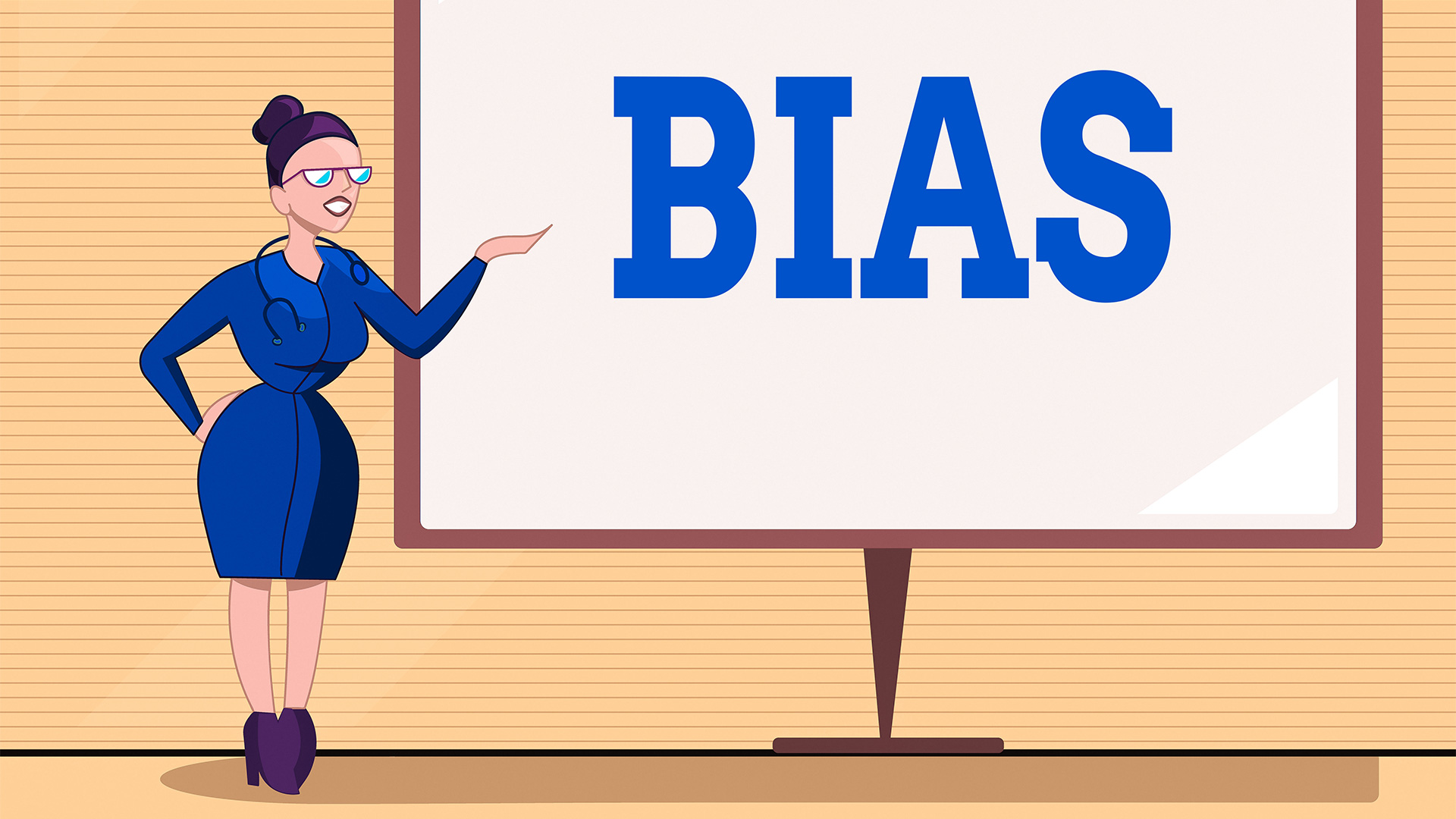
Many people use online reviews when looking for a doctor, and since the pandemic began it’s become an even more popular way to find medical care. University of Maryland Robert H. Smith School of Business associate professor Margrét Bjarnadóttir and her co-authors, Smith doctoral alumnus and Villanova University assistant professor David Anderson, Northwestern University PhD candidate Julia Barnett, and former Smith School graduate assistant Chong Chen have examined the link between online patient reviews and quality of care.
Previous research has looked at gender differences in web-based reviews, but this research, Understanding Gender Biases and Differences in Web-Based Review Ratings and Sentiment of Sanctioned Physicians Through a Machine Learning Approach: Mixed Methods Study, is the first to examine that as it relates to doctors who are being sanctioned for malpractice or bad behavior. “Online ratings are biased against females, not just for healthcare, across service industries,” says Bjarnadóttir. “What we were interested in, was to be able to demonstrate that these biases hold, even when controlling for quality. It highlights the need to create a better structure around online reviews to make them more neutral and unbiased.”
The study shows women systematically receive different reviews than men, and that women doctors who will be sanctioned are rated lower and get more negative comments in their reviews than male doctors who face being penalized. Bjarnadóttir says the research was “based on natural language processing (NLP), a subfield of machine learning that focuses on language. We used recent NLP developments to study which words are associated with which type of physician and dove into the emotions expressed in the reviews as well.”
The words that are most associated with sanctioned female doctors have much more negative connotations. They include words like unprofession(al), cold, and dismiss. But when it comes to web-based reviews of male doctors it’s hard to tell the difference between the ones who have been disciplined and those who haven’t. Words like save, compassion, and superb are exclusively associated with reviews of male-sanctioned physicians and these words don’t appear once in a sanctioned female doctor’s review.
This all begs the question - are men more biased against female doctors who are being penalized or are women? Bjarnadóttir says the reviews used in the research are anonymous, “we did however look specifically at OBGYN doctors, where we can argue that most of the reviewers must be female, and the same biases carried through, even when everybody rating was female.”
The study concludes that websites and apps featuring physician reviews should follow best practices for reducing gender and racial bias. For instance, as previous research has shown, asking specific questions rather than providing open-ended boxes for reviews can cut down on bias. Bjarnadóttir suggests that, “because these platforms and ratings matter in patient choice,” this research, “is a call on platforms to redesign their evaluations in the online reviews to make sure they are as neutral and objective as possible.”
The research, Understanding Gender Biases and Differences in Web-Based Review Ratings and Sentiment of Sanctioned Physicians Through a Machine Learning Approach: Mixed Methods Study, is in the Journal of Medical Internet Research Formative Research.
Media Contact
Greg Muraski
Media Relations Manager
301-405-5283
301-892-0973 Mobile
gmuraski@umd.edu
Get Smith Brain Trust Delivered To Your Inbox Every Week
Business moves fast in the 21st century. Stay one step ahead with bite-sized business insights from the Smith School's world-class faculty.